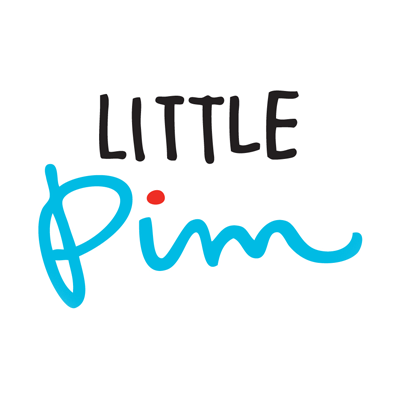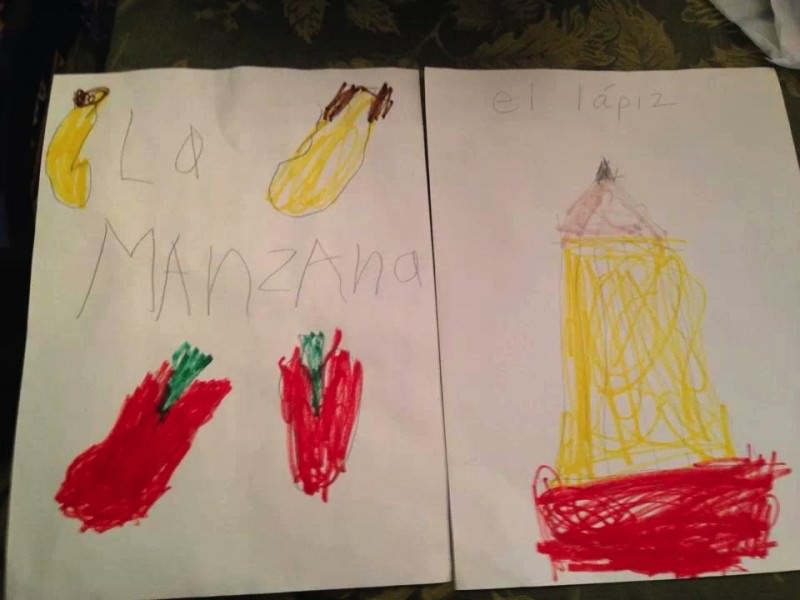
LITTLE PIM BLOG
April is National Autism Awareness Month
At Little Pim, we’re proud of all of our little learners. But recently, we’ve been hearing some amazing stories from some Little Pim families in the Autism community. We'd thought we'd share a few to celebrate April's being National Autism Awareness Month: 1. “My 4-year-old daughter received a Spanish language set as a gift. She is enjoying them, but I was very surprised to find that my 7-year-old son has become so interested in them. He has Autism Spectrum Disorder and is an emergent reader. The simplicity and repetition for a child who is an auditory learner over a visual learner is key. The content and the color palette is soothing enough not to overstimulate and therefore, makes it easier to keep his attention. He has been watching them every morning and loves to call out his new words like "Perro!" and "Lapiz!" and "Manzana!"…It's hard to find a learning activity for both of my children. It's hard for a child on the Autism Spectrum to hold his interest. These are wonderful tools for them.”
2. "When our son was diagnosed with autism at 2 years of age, one of our main concerns was the delay in his language. After some research we purchased the Little Pim complete set in English. We were very pleased with the clear pronunciation of words and entertainment of the video. Little Pim provided our son with a fun opportunity to learn. Any child can benefit from Little Pim’s Immersion Method, whether it is to enhance their native tongue or to learn a new language."
We were delighted to hear such amazing stories. But we also wondered about how Little Pim’s language learning system was able to work so well for these emergent learners.
Adrienne Borgersen’s nephew has autism spectrum disorder. She’s also on staff at Little Pim and was able to share this interesting background and perspective with us:
"Little Pim taps into both ‘ABA’ (Applied Behavior Analysis) and ‘echolalia.'
ABA is a tool used to educate students on the spectrum. It includes repetition reinforcement and reward. Really, every teaching method uses repetition. You don't teach a child something once and expect them to learn it.
Echolalia is when children on the spectrum sometimes pick up bits and pieces of things and tend to repeat them. If you recognize the echolalia speech, you can adapt your understanding of what someone is saying to help teach him conversation and social skills…it’s the same concept as teaching a different language. For example, if you sat with a child who spoke only Spanish, and you didn’t speak Spanish at all, you would first try to learn what he was saying. You would listen to what he said more than once. Through repetition, once you learned why he was saying it, then you could reverse and teach him your language. It’s the same thing. When the communication is successful, you reward them. That’s the ABA techniques to teach, and hopefully diminish, echolalia.
This is all why my nephew is responding to the Little Pim method. The color palette, the repetition, the calm, consistent style, is ‘speaking his language’.”
You can learn more about ABA at Autism Speaks' incredibly informative and user friendly site.
In addition, we'd like to say Mazel Tov! (Hebrew), Felicitazioni! (Italian), Omedetô! (Japanese), and Pozdravlaiu! (Russian) in addition to our own hearty Congratulations! for all the accomplishments our special learners achieve every day.



